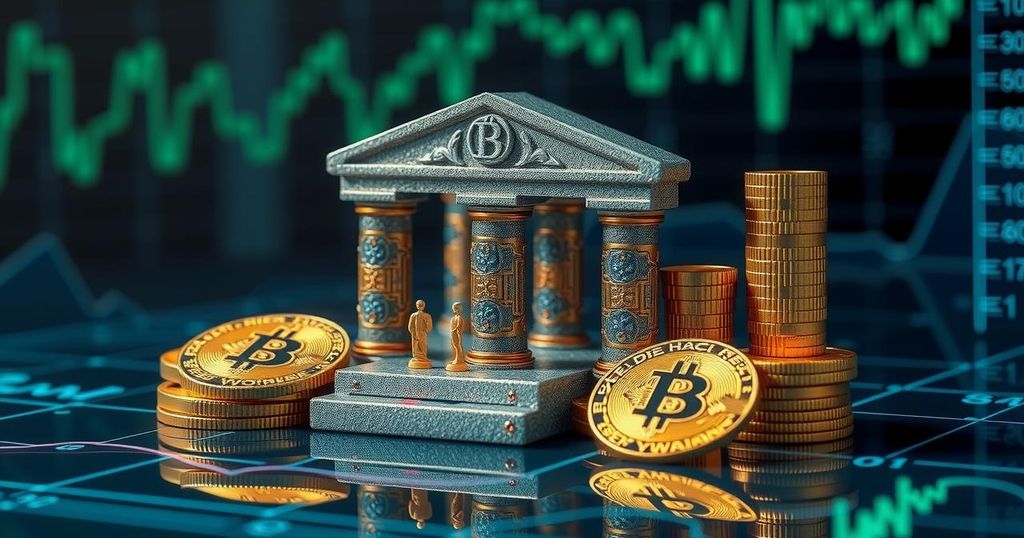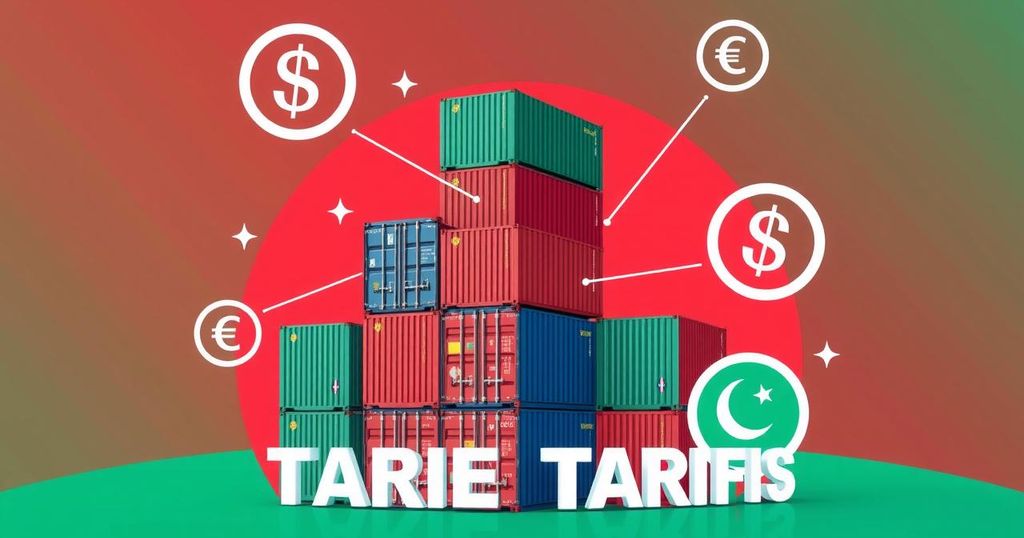Exploring the Viability and Impact of a Strategic Bitcoin Reserve
The discussion surrounding a strategic Bitcoin reserve has intensified following Bitcoin’s upward trajectory past $100,000. Advocates suggest this reserve could fortify the U.S. economy and address its $35 trillion debt, while challenges related to its implementation and economic impact remain significant. State-level initiatives are emerging, potentially paving the way for federal action, with implications for Bitcoin’s market influence worldwide.
In light of Bitcoin’s recent surge, which has seen its price exceed $100,000, the proposal for a strategic Bitcoin reserve has gained prominence as a significant economic strategy. This initiative is akin to the Strategic Petroleum Reserve established in response to the oil crisis in 1975. Advocates argue that such a reserve could bolster the U.S. economy and aid in addressing the nation’s substantial $35 trillion debt. Promoted by prominent figures such as Michael Saylor of MicroStrategy and U.S. Senator Cynthia Lummis, this proposal would involve accumulating 1 million Bitcoins over five years, representing approximately 5% of total Bitcoin supply.
However, there are significant logistical challenges and economic implications tied to this idea. Realistically, Bitcoin’s market capitalization would need to swell considerably to fulfill the goals of the reserve, potentially burdening the economy if financed through existing dollars. Various states, including Texas and Florida, have already signaled a willingness to explore Bitcoin reserves, suggesting that state-level initiatives may precede federal efforts. If successfully implemented, this reserve is likely to catalyze global interest in Bitcoin, potentially igniting a purchasing frenzy that could elevate its price significantly.
The topic of a strategic Bitcoin reserve emerges in a context where economic challenges, such as the national debt and inflation, require innovative solutions. Inspired by historical economic measures, advocates propose a reserve that would entail the U.S. government purchasing substantial volumes of Bitcoin to stabilize both its economy and the dollar’s value. The interest surrounding this proposal reflects broader trends in the realm of digital currencies and the potential for Bitcoin to assume a key role in the global financial system. The concept’s prominence is further fueled by influential political figures and the ongoing evolution of Bitcoin’s market dynamics.
In conclusion, the proposed strategic Bitcoin reserve presents a dual-edged scenario, promising both economic stabilization and potential pitfalls. While ambitious in its scope, it necessitates thorough deliberation to address its feasibility and implications. The interplay between state and federal initiatives may prove critical in shaping the future of this concept, with significant consequences for Bitcoin’s adoption and global positioning. The evolving landscape calls for attentive observation, particularly in states leading the charge toward a Bitcoin reserve.
Original Source: www.fool.com








Post Comment